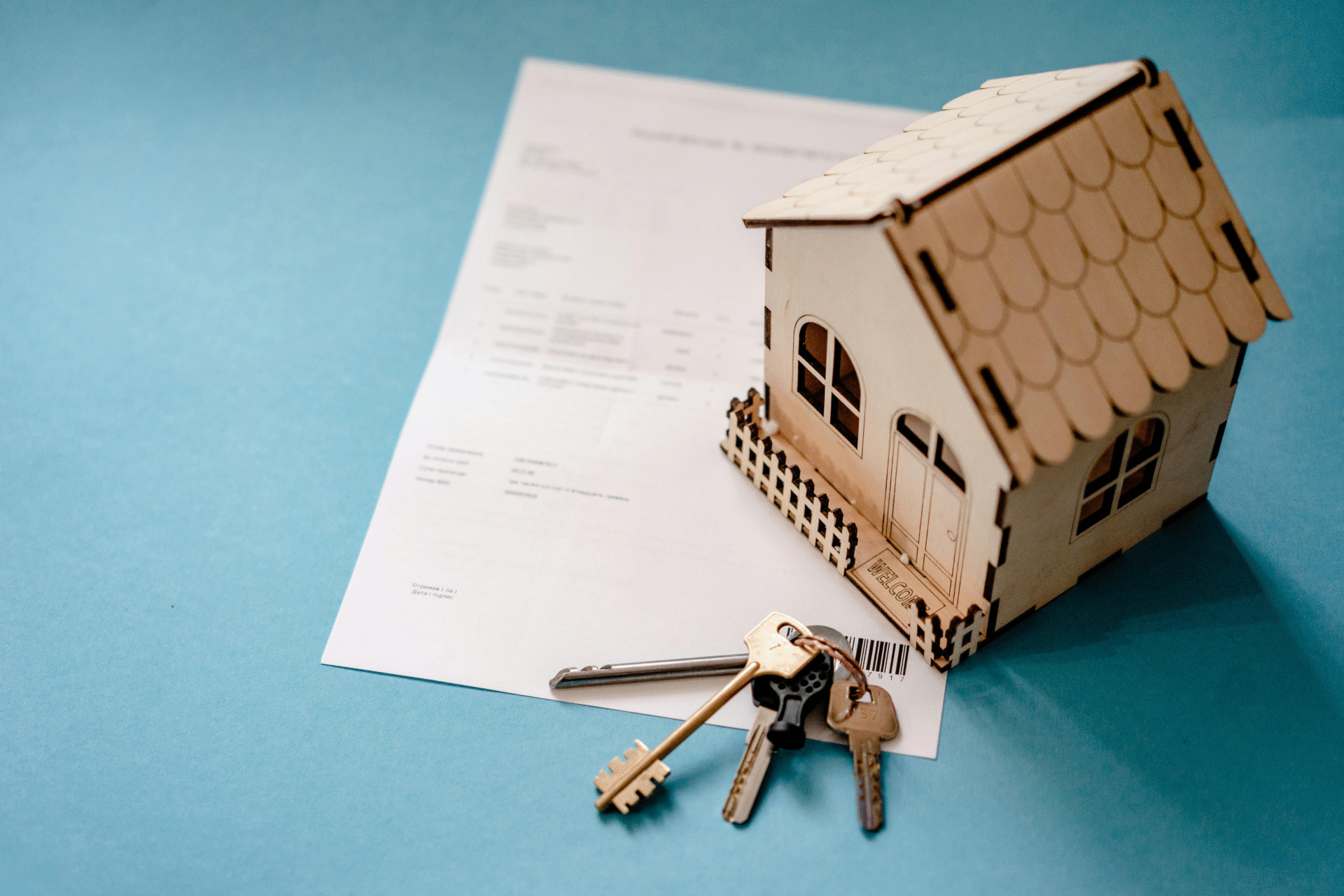Every successful commercial real estate (CRE) project starts with a solid financial foundation. Whether it’s an office building, a retail center, or a mixed-use development, securing the right funding can mean the difference between a profitable investment and a stalled project.
With various lending structures, interest rates, and qualification requirements, navigating commercial development loans can be overwhelming.
The Right Financing Makes the Difference
At Insula Capital Group, we understand the complexities of development loans for CRE. As experienced development loan lenders, we provide investors with financing solutions designed to streamline their projects from start to finish.
This guide will cover everything you need to know about commercial development loans, including financing options, interest rates, and key factors that impact approval.
What Are Development Loans for CRE?
Development loans for CRE provide funding for new construction, land acquisition, or substantial renovations on commercial properties. Unlike traditional mortgages, these loans are designed to cover the costs associated with development, including labor, materials, and permits.
Key Features of CRE Development Loans
- Short-term financing, typically ranging from 12 to 36 months
- Interest-only payments during the construction phase
- Funds disbursed in stages based on project milestones
- Higher interest rates compared to traditional loans
Since these loans pose a higher risk to lenders, borrowers must present strong financials and a well-structured project plan to secure approval.
Types of Commercial Development Loans
Investors can choose from multiple development financing options, depending on their project’s scope and financial strategy.
1. Acquisition and Development (A&D) Loans
These loans finance both land acquisition and site improvements, such as roads, utilities, and drainage systems. They are ideal for developers planning large-scale commercial or mixed-use projects.
2. Construction Loans
Short-term financing for ground-up developments, covering labor and material costs. These loans typically require repayment upon project completion or conversion into permanent financing.
3. Mini-Perm Loans
A bridge between construction financing and long-term loans, mini-perm loans provide additional time for projects to reach stabilization before securing permanent financing.
4. Permanent Loans
Long-term financing that replaces short-term development loans, offering lower interest rates and extended repayment terms.
5. Mezzanine Financing
A hybrid between debt and equity financing, mezzanine loans provide additional capital beyond primary financing, often in exchange for equity in the project.
Each financing option has distinct terms and requirements, making it essential for investors to assess their project’s financial needs before applying.

How Development Loan Rates Are Determined
Development loan rates vary based on several factors, including risk, project type, and market conditions. Understanding these factors can help investors secure the most favorable terms.
Factors That Impact Development Loan Rates:
- Loan-to-Value (LTV) Ratio:Higher LTV ratios typically result in higher interest rates.
- Debt Service Coverage Ratio (DSCR):Lenders assess a project’s ability to generate enough income to cover debt obligations.
- Creditworthiness:A strong credit profile can lead to more competitive rates.
- Market Conditions:Interest rate trends and economic factors impact financing costs.
- Loan Term & Structure:Shorter-term loans often have higher rates than long-term financing.
By optimizing these factors, investors can reduce borrowing costs and improve overall project profitability.
How to Qualify for a Development Loan
Securing development project financing requires a strategic approach. Lenders evaluate multiple aspects of a project before approving funding.
Steps to Improve Approval Chances
Prepare a Detailed Business Plan
Include financial projections, project timelines, and market analysis.
Maintain Strong Financials
Provide tax returns, profit & loss statements, and a solid credit history.
Secure Equity Contributions
Most lenders require borrowers to invest 20-30% of project costs.
Obtain Necessary Permits and Approvals
Ensuring compliance with zoning and regulations strengthens your application.
Demonstrate Experience
Lenders favor developers with a proven track record of successful projects.
Following these steps increases the likelihood of obtaining competitive development financing options.
Common Pitfalls to Avoid When Applying for Development Loans
Many investors face challenges when securing residential development loans or financing for commercial projects. Avoiding these common pitfalls can save time and money.
Mistakes That Can Delay or Deny Loan Approval
- Insufficient Collateral:Lenders require valuable assets to secure large loans.
- Underestimating Costs:Budget overruns can jeopardize financing.
- Weak Exit Strategy:Lenders need assurance that the project will generate sufficient returns.
- Incomplete Documentation:Missing paperwork can delay approvals.
- Ignoring Market Trends:Understanding demand and economic conditions is crucial for project success.
By addressing these issues early, investors can strengthen their loan applications and improve their chances of approval.
How to Choose the Right Development Loan Lender

Not all development loan lenders offer the same terms and conditions. Selecting the right lender ensures a smooth financing process.
Key Considerations When Selecting a Lender
- Experience with CRE Development Loans
- Competitive Development Loan Rates
- Flexible Financing Terms
- Transparent Fees and Requirements
- Strong Reputation and Client Support
A lender’s expertise in commercial development loans can significantly impact project success, making due diligence essential when choosing financing partners.
Financing Success Starts with the Right Partner
What separates successful commercial real estate developers from the rest? Access to reliable funding and strategic financial planning. Securing the right development loans for CRE ensures projects stay on track and generate strong returns.
At Insula Capital Group, we specialize in providing investors with the development financing options they need to bring their projects to life. With competitive rates, flexible terms, and a commitment to excellence, we help clients secure funding that aligns with their investment goals.
Ready to finance your next commercial project? Contact Insula Capital Group by calling (833) 319-3517 today and let us help you secure the best loan for your development needs.




